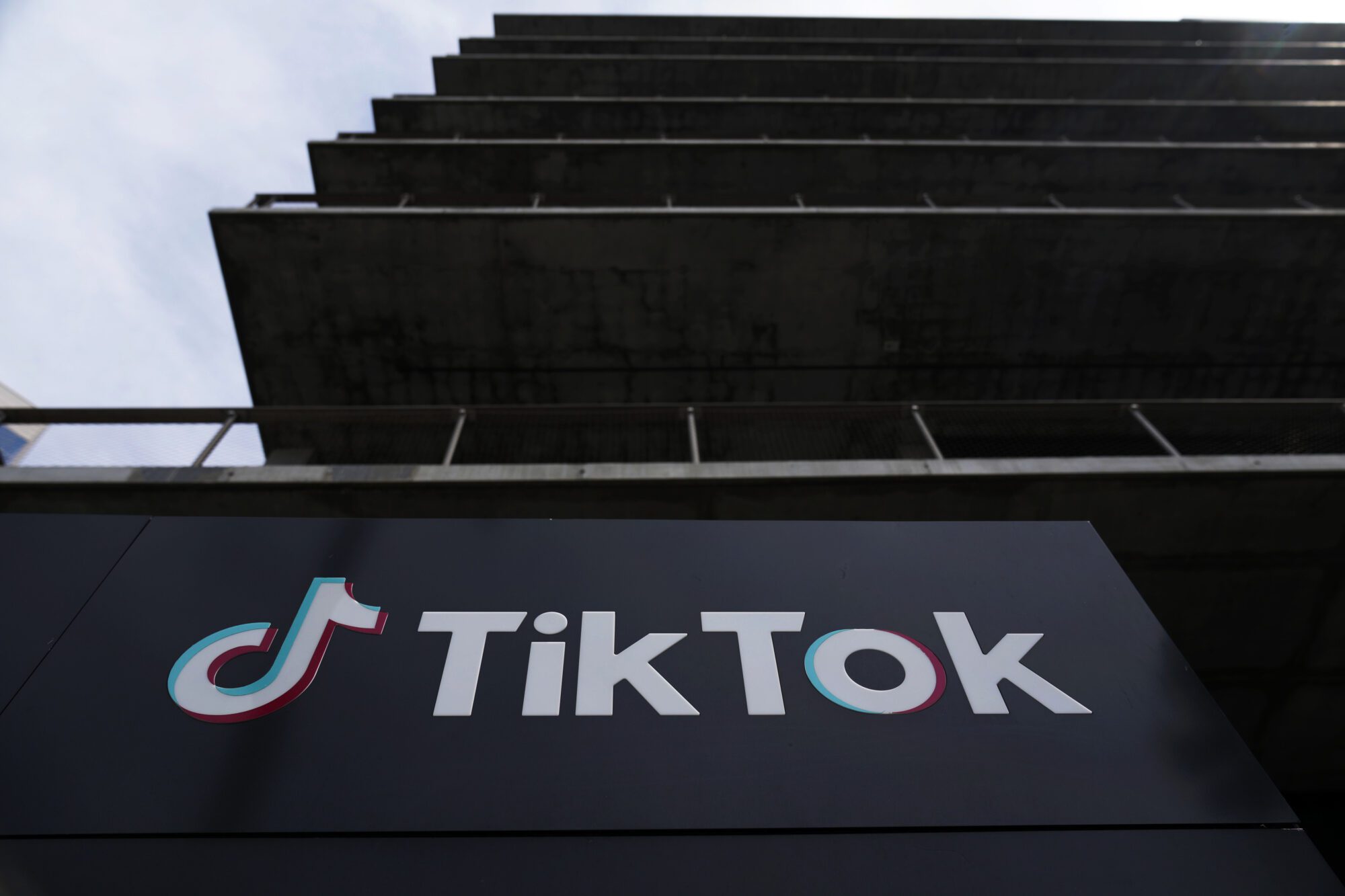
(Photo from Port Pascagoula website)
- First comprehensive study in nearly two decades reveals port’s massive contribution to the state economy.
Port Pascagoula’s economic impact on Mississippi has grown dramatically since its last comprehensive impact study in 2005. New research shows the facility now generates more than $18.25 billion in total economic output while also supporting more than 28,000 jobs across the state.
The University of Southern Mississippi’s Trent Lott National Center conducted the updated analysis for fiscal year 2024, revealing that the Magnolia State’s largest port by tonnage contributes approximately 22.5 percent of the state’s entire manufacturing GDP.
The study measured direct operations at the port and also indirect supply chain effects and induced economic activity from employee spending.
The comprehensive analysis found Port Pascagoula’s total impact includes 28,345 jobs supported across Jackson County and Mississippi as well as generates $1.88 billion in labor income annually. The post posts a $5.22 billion in value added (GDP) contribution with a $18.25 billion in total economic output and $879 million in combined tax revenues at the local, state, and federal levels.
The facility generates $155.4 million in local tax revenues, $229.7 million in state tax revenues, and $494.2 million in federal tax revenues.
Direct employment at the port and its tenant companies reaches nearly 13,000 jobs with $1.14 billion in direct labor income, while the ripple effects throughout Mississippi’s economy more than double those numbers.
“It’s no secret there’s been tremendous growth at Port Pascagoula, and this study reaffirms what we’ve long known: our Port is a driving force not only for Jackson County, but for the entire state of Mississippi,” said Port Director Bo Ethridge.
The port’s industrial footprint extends far beyond traditional cargo operations. Port perimeter industries alone account for some 12,000 direct jobs with more than $1 billion in annual wages. Major operations include petroleum refineries employing 1,859 workers, shipbuilding and repair facilities, pipeline transportation companies, and lumber wholesalers.
These on-port industries generated nearly $15 billion in direct economic output in 2024, with total impacts reaching $17.9 billion when accounting for supply chain and household spending effects.
Cargo operations handled more than 845,000 tons of freight in 2024, including break bulk, liquid bulk, and dry bulk commodities. This cargo activity alone supports 569 jobs and generates $44.5 million in economic output across Mississippi.
Beyond operational impacts, companies associated with Port Pascagoula invested $144 million in capital projects during fiscal 2024, including $29.6 million in construction and $114.4 million in equipment purchases. These investments supported another 562 jobs and generated $95.3 million in economic output.
The capital investment activity demonstrates the port’s role as a magnet for long-term industrial development along Mississippi’s Gulf Coast.

Jackson County captures the majority of Port Pascagoula’s economic benefits, with 23,572 jobs and $17.3 billion in total economic output. However, the port’s influence extends statewide through supply chain connections and worker spending patterns.
Operated by the Jackson County Port Authority since 1956, Port Pascagoula ranks among the nation’s top 20 to 30 seaports by volume. The deep-water facility comprises two primary harbors with public and private terminals, extensive on-port industrial operations, and a land-based industrial park.
The port’s strategic location on Mississippi’s southeastern Gulf Coast provides access to inland transportation networks including rail, truck, and pipeline connections. This multimodal connectivity enables efficient movement of goods throughout the southeastern United States.
The economic impact study concludes that Port Pascagoula’s most effective path to greater impact involves expanding value-added activities that bring new dollars into the region. Researchers recommended recruiting firms that require seaport proximity, increasing use by Mississippi shippers, and reducing end-to-end logistics costs.
“The findings show that Port Pascagoula and its tenants are already delivering broad benefits to Mississippi’s citizens,” the study notes. “Looking ahead, disciplined planning, proactive market development, and timely activation of all feasible sites will be essential to sustain momentum.”
The 2024 economic impact represents a significant milestone for Port Pascagoula, demonstrating nearly two decades of sustained growth since the previous comprehensive analysis. As Mississippi continues developing its industrial economy, the port’s role as an anchor for manufacturing, logistics, and trade appears poised for continued expansion.











